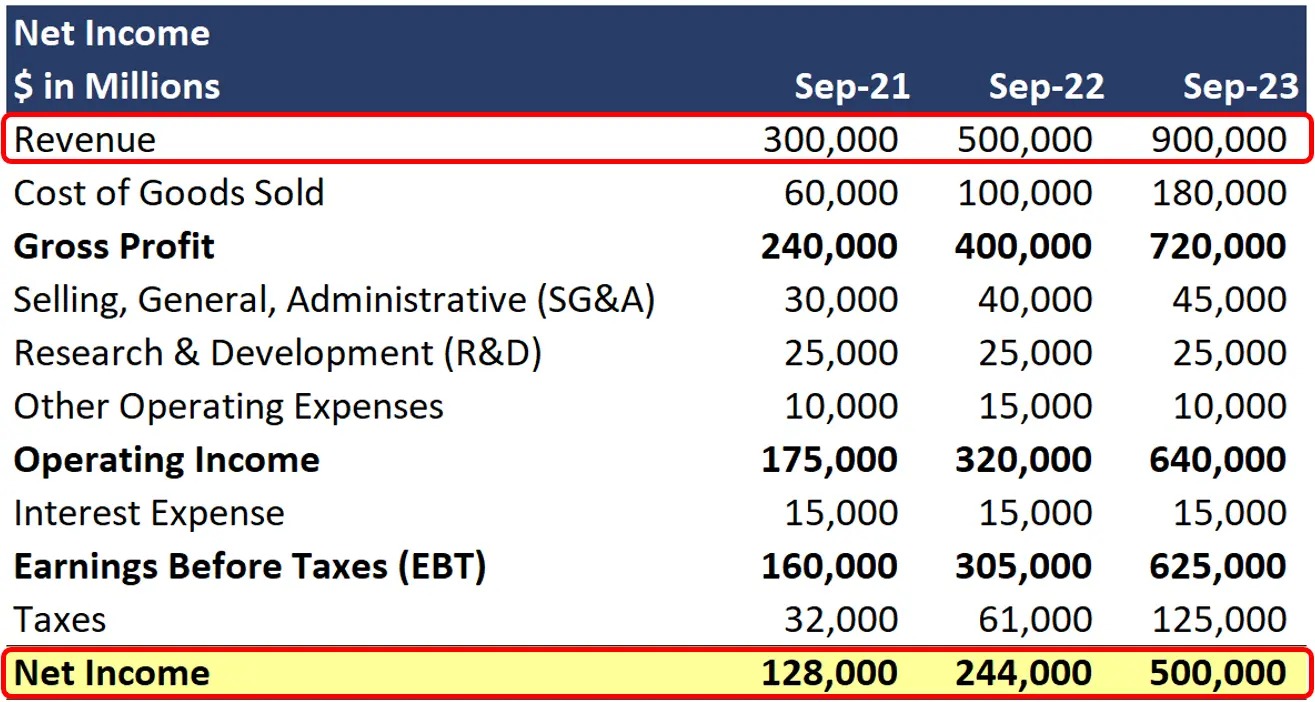

Finance
Unsubordinated Debt Definition
Published: February 14, 2024
Learn the definition and importance of unsubordinated debt in the world of finance. Find out how it affects businesses and individuals.
(Many of the links in this article redirect to a specific reviewed product. Your purchase of these products through affiliate links helps to generate commission for LiveWell, at no extra cost. Learn more)
Unsubordinated Debt Definition: What You Need to Know
Are you familiar with the term “unsubordinated debt”? If not, don’t worry. We’re here to break it down for you. Unsubordinated debt is a financial concept that has significant implications for both investors and companies. In this blog post, we’ll explain what unsubordinated debt is, how it differs from other types of debt, and why it matters in the world of finance.
Key Takeaways:
- Unsubordinated debt refers to a type of debt that takes priority over subordinated debt in the event of bankruptcy or liquidation.
- Investing in unsubordinated debt can be less risky than investing in subordinated debt, as unsubordinated debt holders are more likely to receive payment in full.
What is Unsubordinated Debt?
Unsubordinated debt, also known as senior debt or priority debt, is a type of debt that takes priority over other types of debt in the event of bankruptcy or liquidation. It is a form of financing that is considered less risky for investors because it has a higher claim on a company’s assets compared to other types of debt.
Unsubordinated debt holders are at the top of the line when it comes to receiving payment in the event of a bankruptcy or liquidation. They are more likely to receive payment in full before other creditors, such as subordinated debt holders or equity investors. This preference is due to the fact that unsubordinated debt is typically secured by collateral or has a higher level of guarantee from the issuing company.
Unsubordinated debt can take various forms, such as bonds, loans, or other financial instruments. The terms and conditions of unsubordinated debt are outlined in contractual agreements, which specify the interest rate, maturity date, and repayment terms.
Investing in unsubordinated debt can be an attractive option for investors who prioritize stability and lower risk. It offers a higher level of security compared to subordinated debt, which is subordinate to other forms of debt in priority of payment.
Why Does Unsubordinated Debt Matter?
Unsubordinated debt plays a crucial role in the financial world for several reasons:
- Investment Stability: Unsubordinated debt provides investors with a higher level of stability and security. By investing in unsubordinated debt, investors have a greater likelihood of receiving payment in full, even in the event of a bankruptcy or liquidation.
- Risk Assessment: Understanding the composition and prioritization of a company’s debt helps investors assess the risk associated with their investment. Unsubordinated debt is generally considered less risky than subordinated debt since it has a higher claim on a company’s assets.
- Financial Decision Making: Companies often use unsubordinated debt to finance their operations, acquisitions, or capital expenditures. By utilizing this type of debt, companies can access funding at a potentially lower interest rate, allowing them to make strategic financial decisions.
In conclusion, unsubordinated debt is a concept that investors and companies should be familiar with. It represents a type of debt that takes priority in payment and offers a higher level of security for investors. Understanding the role of unsubordinated debt is essential for making informed investment decisions and assessing the risk associated with a company’s financial structure.
If you’re interested in delving deeper into the world of finance and learning about other financial concepts, stay tuned for more blog posts on our “FINANCE” category!














